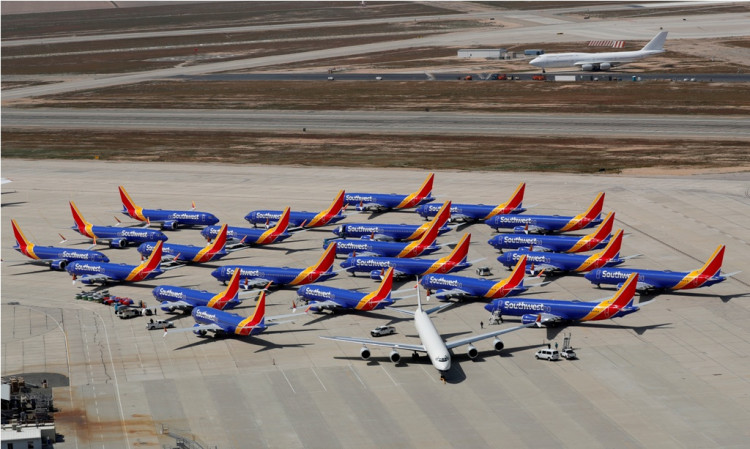Former engineers who worked at Boeing have recently revealed details about the company's 737 Max development practices and how cost-cutting unfortunately sacrificed what should have been the priority: safety.
According to Bloomberg, former Boeing engineer Rick Ludtke was interviewed by federal investigators regarding the 737 Max probe that centered on two crashes within a span of five months.
"They could have done better and should have done better, but better wasn't an option," Ludtke argued. He revealed that he, along with other engineers, questioned if the Level B training that the new Max models required would be enough for pilots even if they already had prior experience with older models.
A former manager of fuel systems engineering for the Boeing 737 Max, Adam Dickson, echoed Ludtke's statements. Dickinson said he retired late last year following three decades of service to the company partly because the American jet maker appeared to bend engineering over safety.
"Idea's [sic] are measured in dollars," another manager wrote in an engineer's annual evaluation report. However, Boeing denied all allegations and claims made by former employees.
Other employees also complained of how rampant and massive layoffs took place within the Boeing workforce. They said referred to routinely terminations in the company as "grinding layoffs, year after year."
Dickson revealed that Boeing 737 Max managers were forced to push their teams to meet cost targets. He said senior leaders would threaten managers about their salary being at stake if they working teams fail to meet targets that were otherwise too ambitious.
Previous reports about whistleblowers dropping bombs on Boeing's business practices, particularly in its 787 Dreamliner factory in South Carolina, suggested that the American company was focused on hitting schedules instead of ensuring safety.
Earlier this week, Boeing had no choice but to admit that it was already aware of the 737 Max models' issues but it did not move to resolve the problems. According to BBC, that instead of listing the Max's alarm feature as standard, it was made optional.
Boeing 737 Max models were grounded worldwide by aviation regulators. This was after a Lion Air plane crashed in October and was followed by an Ethiopian Airlines jet went down in March. The two crashes killed 346 people in total.
The company is now working to get its Max jets on the air again but the Federal Aviation Administration (FAA) has yet to provide a second certification to the grounded planes. So far, multiple investigations are keeping the FAA from allowing this to happen.
An international joint panel has started a probe on a how the FAA certified the Max jets previously. Boeing pledged to be more transparent about its jet developments but it is unclear when the 737 Max models will take flight once more.





